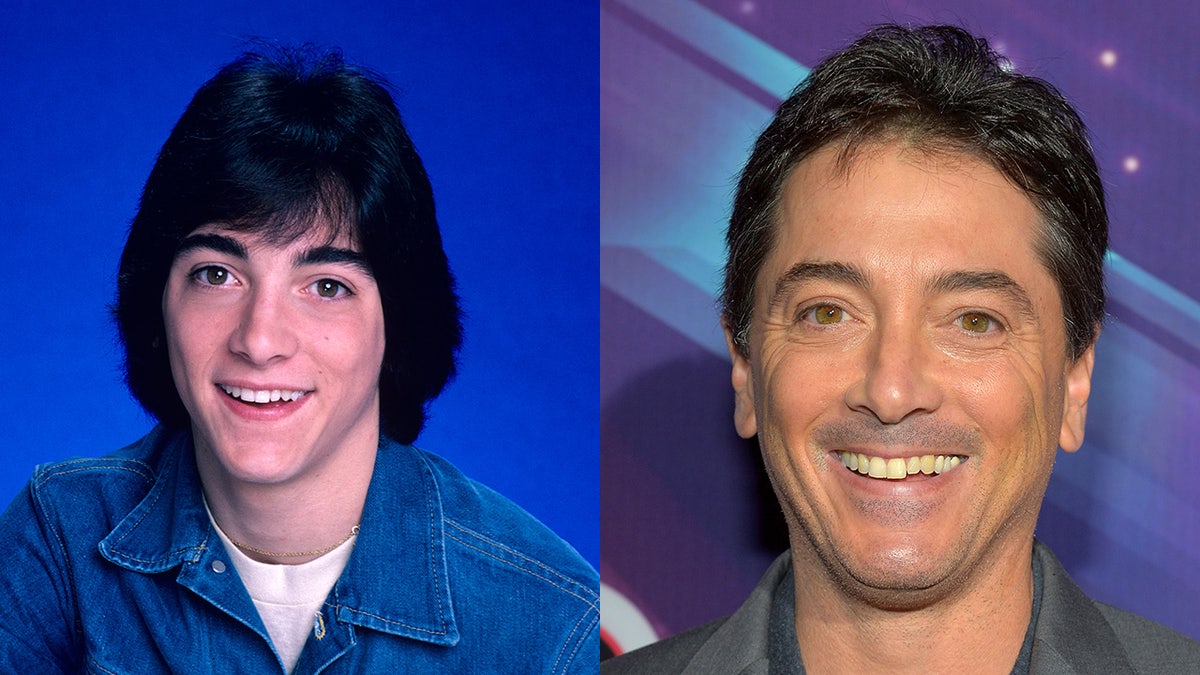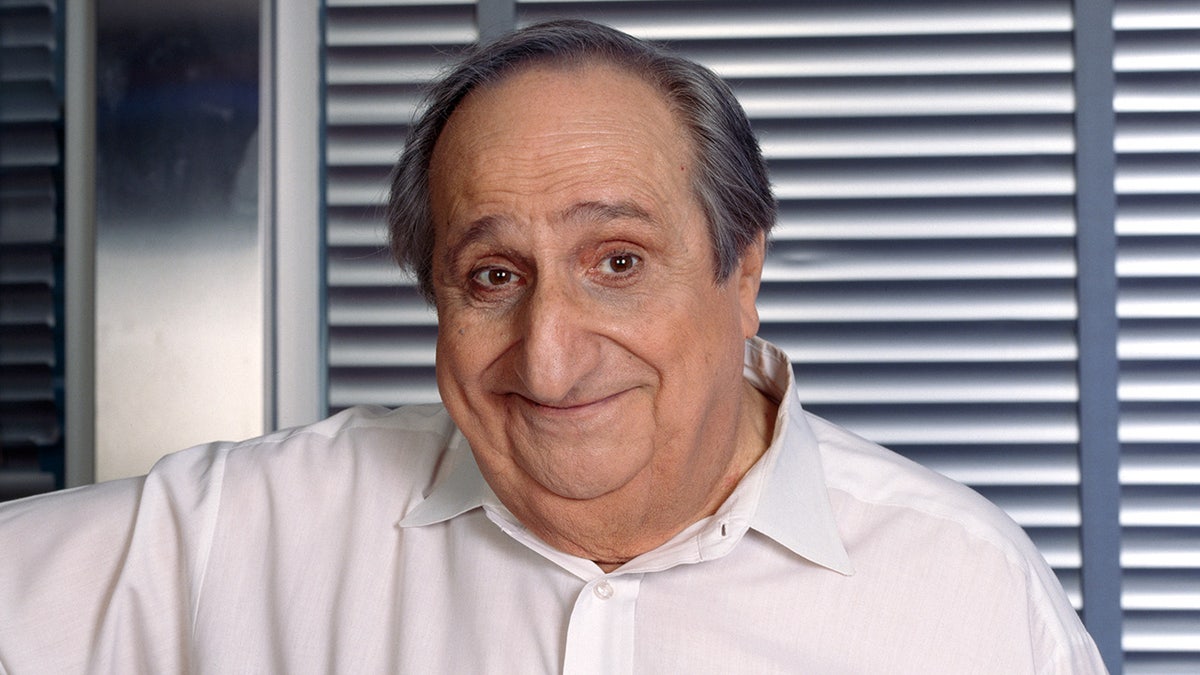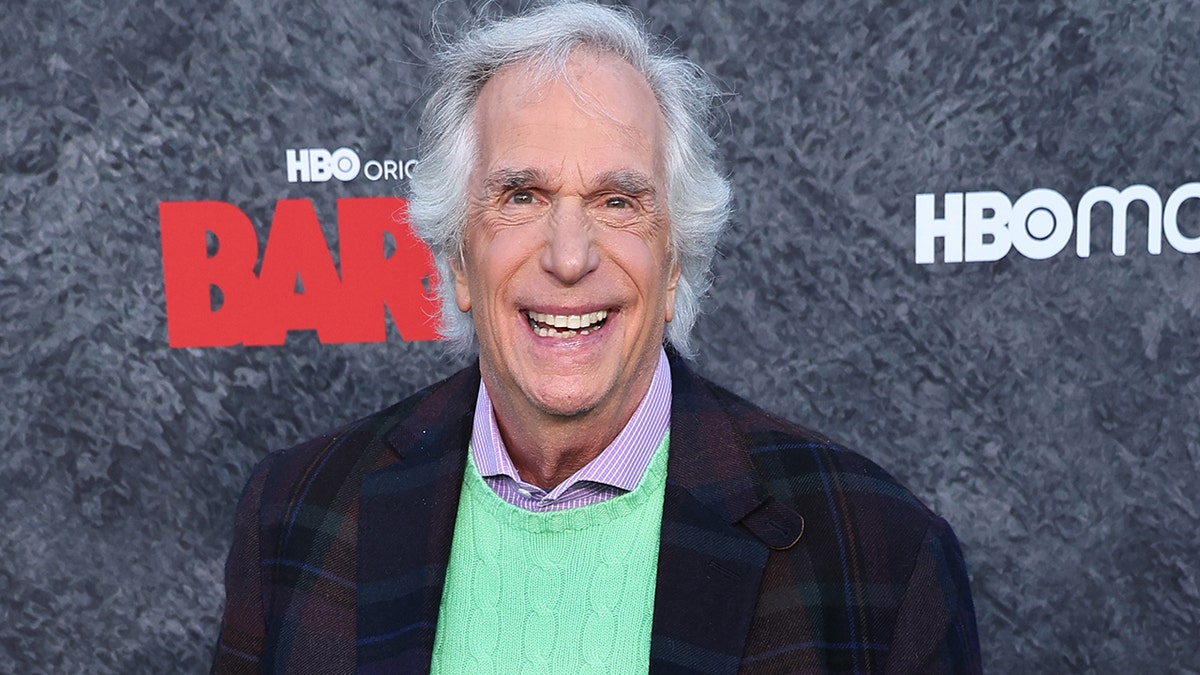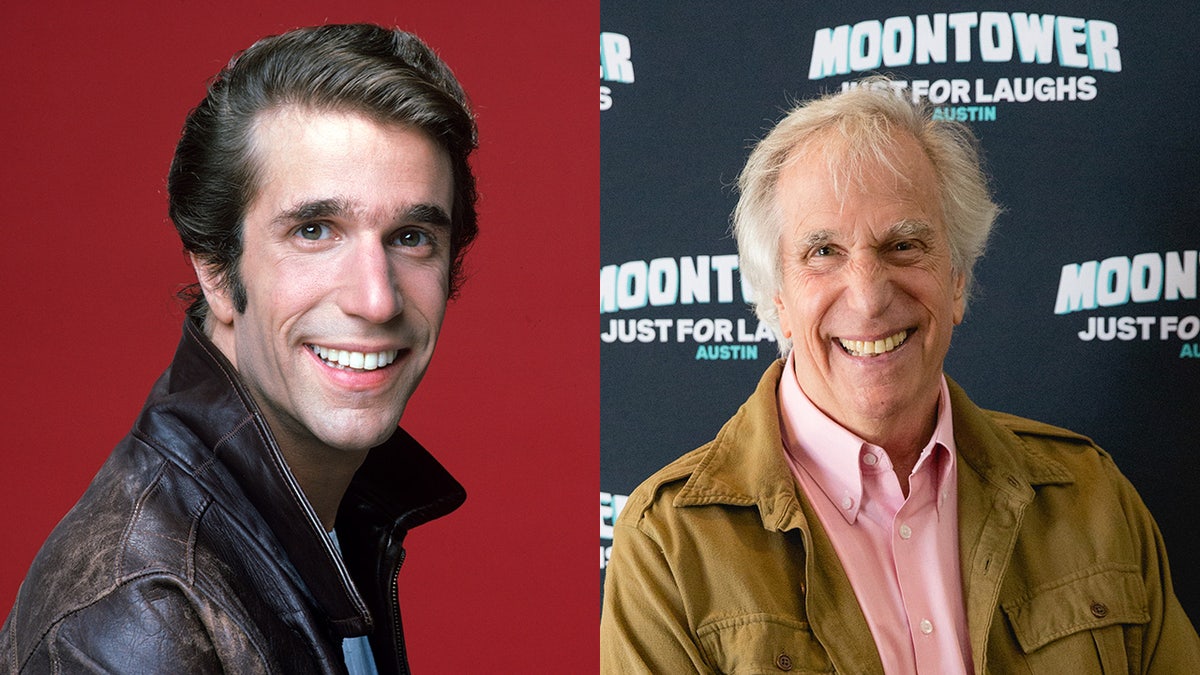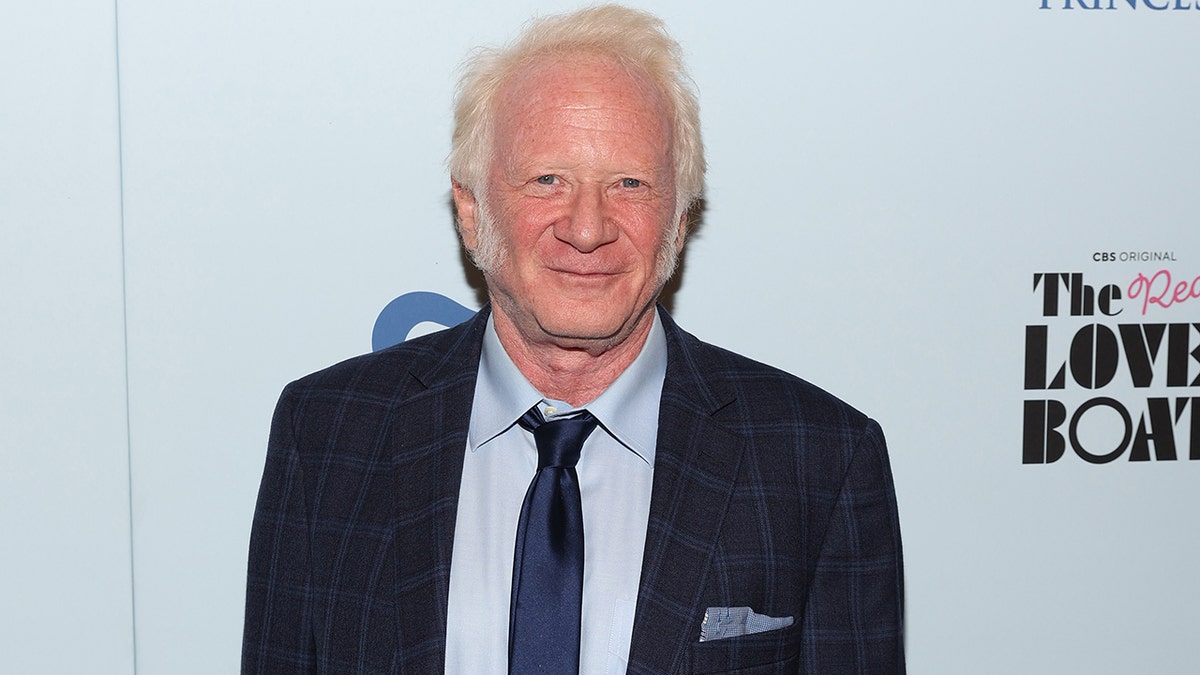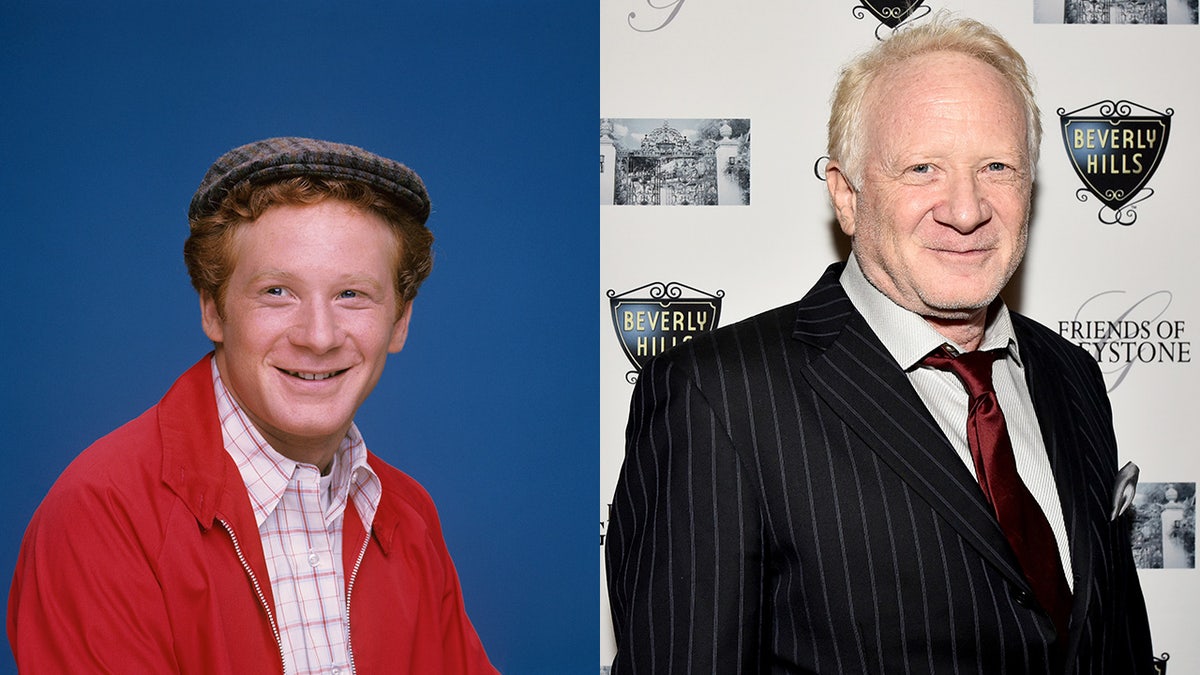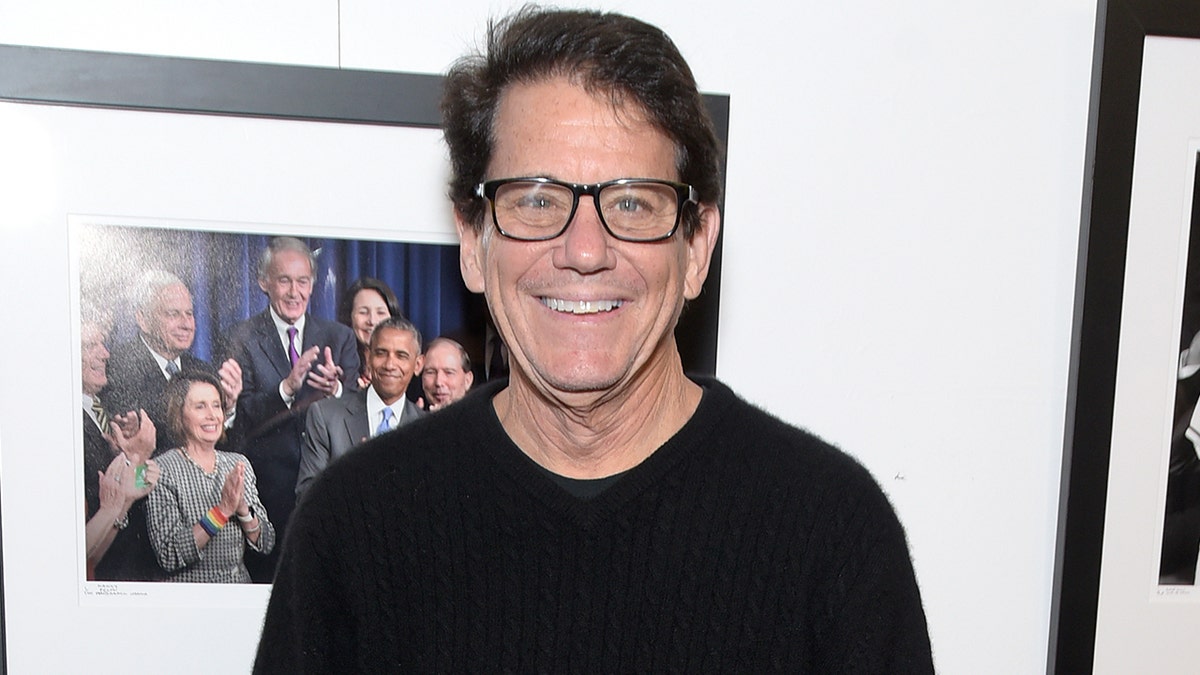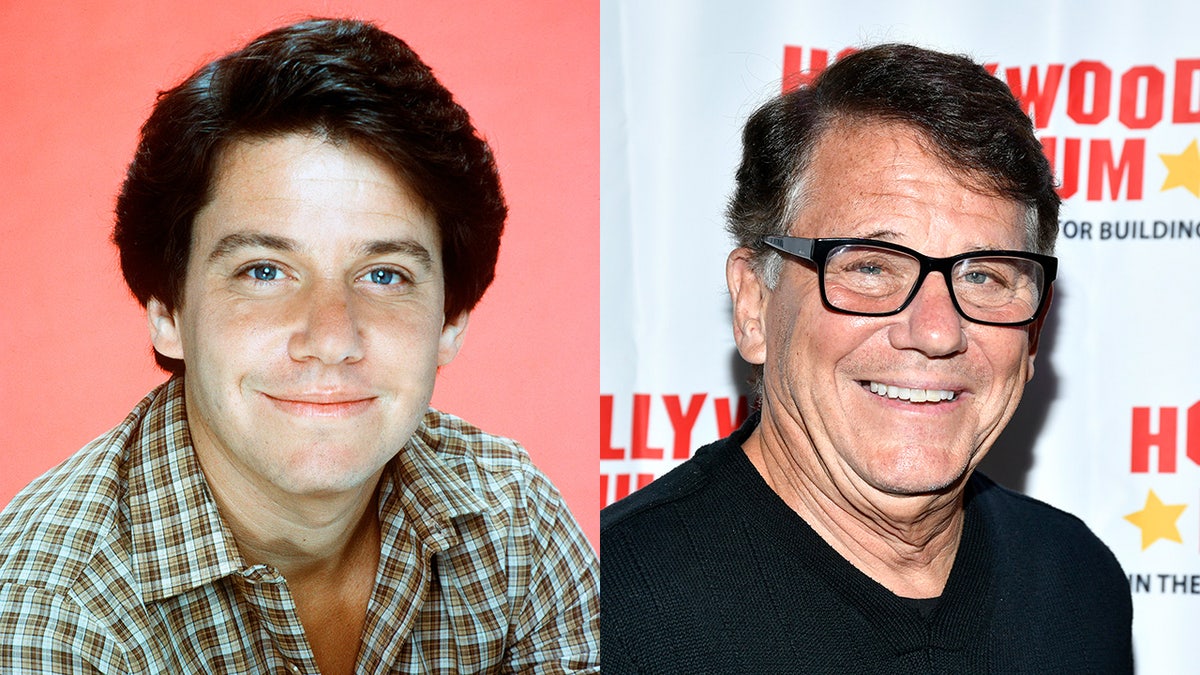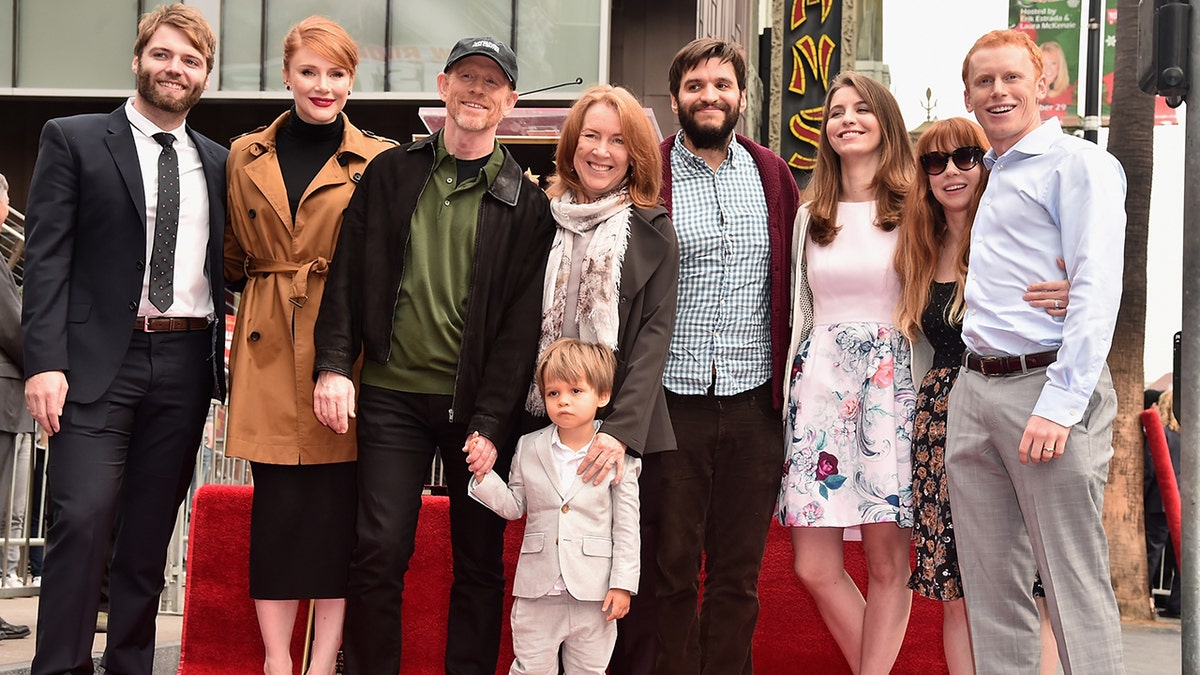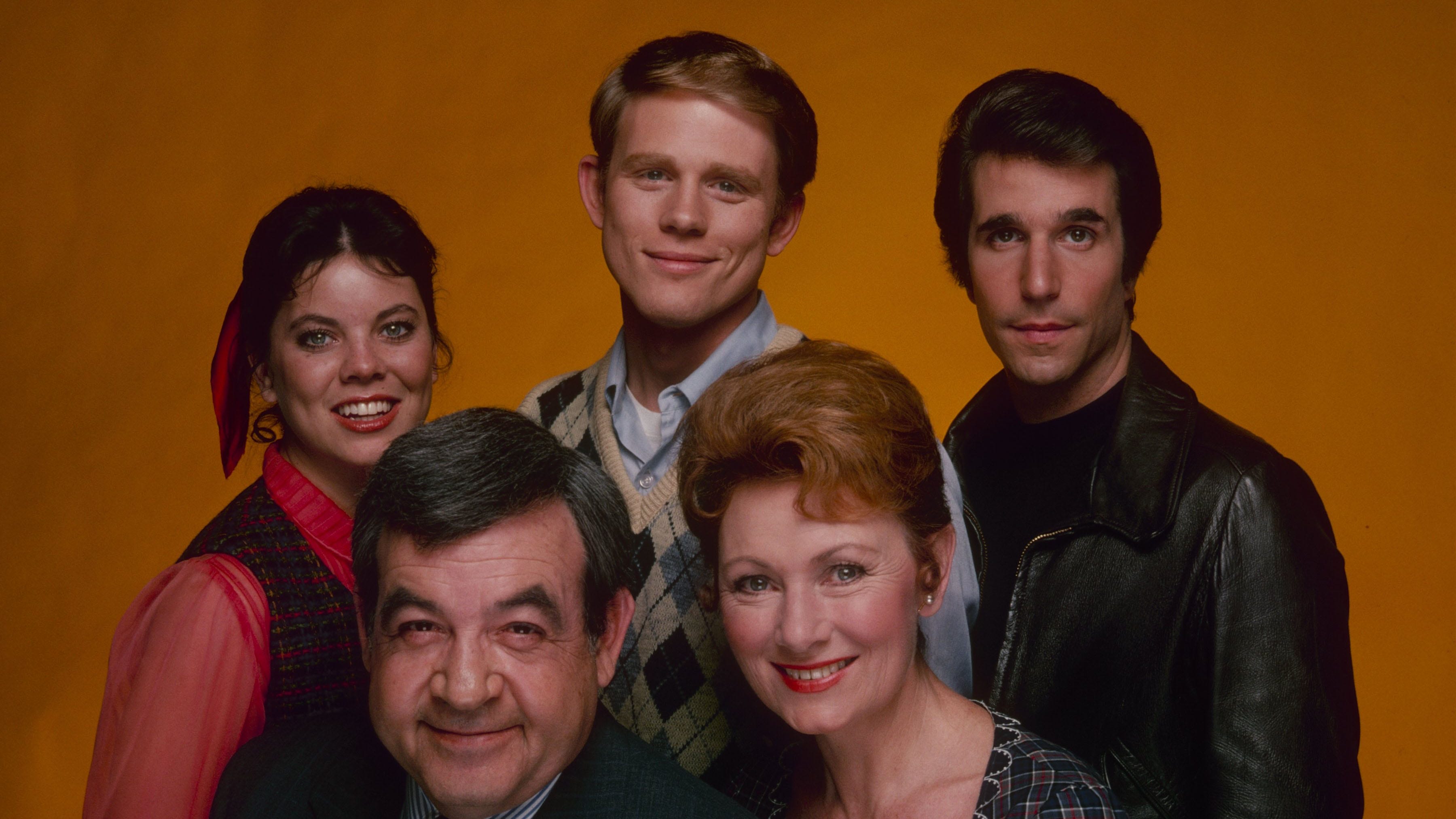
Happy Days is a classic sitcom that premiered on January 15, 1974. The show was created by Garry Marshall and revolved around Richie Cunningham (Ron Howard) and his equally hormonal pals Warren Potsie Weber (Anson Williams) and Ralph Malph (Donny Most). It wasn't until a couple of seasons later that the show became popular, when it was retooled into a broader multicamera sitcom oriented around the local tough turned mentor and guardian angel, Arthur Fonzarelli (Henry Winkler), known as The Fonz. In fact, Howard's appearance in an episode of Love American Style led to his casting by George Lucas in the equally nostalgic American Graffiti.
